Column: Metaphysics
by Samantha Smithstein Psy. D.
Adriaen van Utrecht. “ Still Life with Game, Vegetables, Fruit and a Cockatoo,” (1650). Oil on canvas. 120 x 250.5 centimeters. Courtesy J. Paul Getty Museum, Los Angeles.
Column: Metaphysics
See your Current Location on Google Maps
In the Torah (Genesis 3:9), right after Adam and Eve eat the fruit from the forbidden tree, they sense God’s presence and run to hide among the trees. God doesn’t rage or leave. God simply responds by asking the first question of the Torah: “
Ayeka
?”
Translated literally, “Ayeka” means, “Where are you?” and upon first pass, that question seems silly for a Higher Power to be asking. First, why does it matter where they are hanging out? Second, shouldn’t God “know” anyway?
Most Torah scholars have come to believe that when God asks, “Ayeka?” it is not really a question about Adam’s (or Eve’s) literal location. Instead, the question “Where are you?” is asked in order to orient Adam in a much deeper landscape: now that he has a new level of knowledge, it is time for him to take stock of his life in a different way.
In other words, when God asks Adam/Eve/us “Where are you?” it is all of us being asked. It’s time for us to take a hard look at where we truly are—the person we are, what we have done with our lives, what we are doing with our time, heart, and mind—and then to compare that with where we want to go. It’s not that God needs to ask us where we are. It’s that we need to be asked.
Approximately 17 million adults in the U.S. have an alcohol use disorder. Up to 24 million Americans suffer from an eating disorder. The average American watches five hours of TV per day. Thirty-four percent of American adults don’t take vacation days, and over 10 million Americans work a 60-plus-hour work week. We can fill our time, minds, and bodies with many distractions, some of them empty, some of them with goals, all of them keeping us from seeing our true selves and our deeper purpose.
And so it becomes crucial, from time to time, to be able to stop. To stand still and ask ourselves the question, “Where am I?” And then to be able to locate ourselves in the answer. “Hineni,” we must answer. “I am here.” Sometimes this answer is joyful and clear, and we feel ourselves, compass in hand, on the right path, headed towards more growth and enlightenment. Other times, however, to answer that question we must be brave. In those times, declaring honestly, “I am here,” means taking a painful accounting of the ways we are not showing up for our own life; the ways we are hiding from ourselves and others, or the ways we are trying to take a shortcut to fulfillment when there aren’t any. The Jewish Scholar and Philosopher Martin Buber says, “God’s question means to stir us up, it means to destroy our hiding places, it means to show us where we went astray, it means to awaken in us a strong will to extricate ourselves” from this web of distractions.
The Buddha said, “No one saves us but ourselves. No one can and no one may. We ourselves must walk the path.” Since it is up to us and only us to walk the path, we must be open to hearing “Ayeka?” in some regular way, during the course of our life. Whether it be on our birthday, the turn of the New Year, in a house of worship, through conversation with a friend, while making art, in therapy, meditation, or simply upon rising or before bedtime each day, the more we are open to the question, the more we can be clear about how to chart a course forward.
In addition to becoming aware of where we are headed in the future, “Ayeka?” also helps us in a more immediate sense. When we declare, “I am here,” we mean “I am located at this place in my path,” but we also mean: “I am here, in this moment.” In this way, “Ayeka?” is also about calling our attention to this exact moment in time, instead of just letting it pass. The awareness of the question itself makes us more awake to life itself, in a very immediate way. It makes us more present. The spiritual teacher Thich Nhat Hanh said, “Many people are alive but don’t touch the miracle of being alive.” “Ayeka?” calls our attention to the fact that we are alive, and reminds us that this life has a purpose.
The rest is up to us.
Written by Samantha Smithstein Psy. D.

